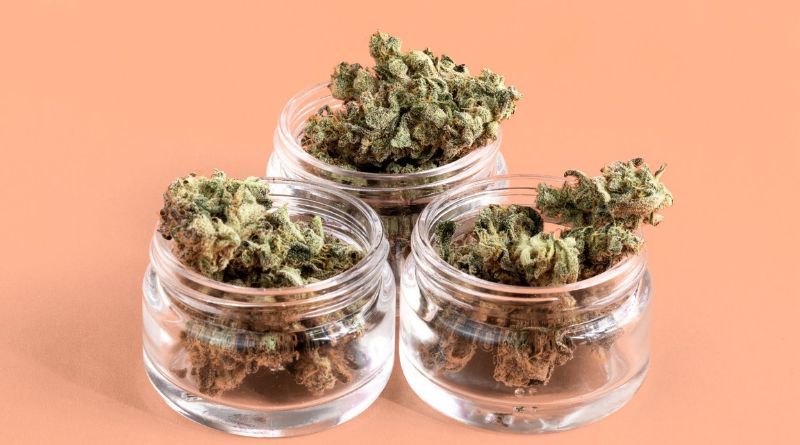As the cannabis landscape continues to evolve, new compounds are emerging that capture the interest of consumers and researchers alike. Among these, HHC (hexahydrocannabinol) and Delta 8 THC (Delta-8-tetrahydrocannabinol) have gained significant attention. While both are cannabinoids derived from the cannabis plant, they possess distinct characteristics that can influence your experience. In this article, we will explore the differences between HHC and Delta 8, their effects, benefits, legal status, and more.
Table of Contents
What is HHC?
HHC, or hexahydrocannabinol, is a hydrogenated form of THC. It was first synthesized in the 1940s but has recently gained popularity in the cannabis market. HHC can be derived from both hemp and marijuana, though it is primarily sourced from hemp due to legal regulations. The hydrogenation process gives HHC a structure that is more stable than Delta 9 THC, making it less prone to degradation.
Effects of HHC
Users often report that HHC provides a milder high compared to Delta 9 THC but can be more intense than CBD. Many describe the experience as euphoric and relaxing, with some users noting enhanced creativity and focus. However, individual experiences may vary widely depending on dosage and personal tolerance.
What is Delta 8 THC?
Delta 8 THC is an isomer of Delta 9 THC, the primary psychoactive compound in cannabis. Delta 8 is also found in small amounts in the hemp plant but is typically extracted and concentrated for commercial use. It has gained traction for its potential to provide a less intense high than Delta 9 THC, making it appealing to those who want some psychoactive effects without the overwhelming sensations that can accompany traditional THC.
Effects of Delta 8 THC
Many users describe Delta 8 as providing a clearer-headed high, often accompanied by relaxation and mild euphoria. Some users appreciate that it may help with anxiety without causing paranoia, which can sometimes occur with Delta 9 THC. Delta 8 is also associated with therapeutic benefits, such as pain relief and appetite stimulation.
HHC vs. Delta 8: Key Differences
1. Chemical Structure
The most significant difference between HHC and Delta 8 lies in their chemical structures. HHC has been hydrogenated, which alters its molecular makeup and stability. This structural change can influence how each cannabinoid interacts with the body’s endocannabinoid system.
2. Psychoactivity
While both compounds are psychoactive, users often find that Delta 8 THC provides a more pronounced high compared to HHC. HHC may be perceived as milder, making it a potential choice for those who are sensitive to THC’s effects.
3. Availability and Legality
The legal status of HHC and Delta 8 can vary by region. Generally, both compounds are derived from hemp and fall under the 2018 Farm Bill in the U.S., which legalized hemp-derived cannabinoids. However, some states have moved to specifically ban Delta 8 THC, and the legal status of HHC is still being clarified. Always check local laws before purchasing or consuming either compound.
4. Therapeutic Potential
Both HHC and Delta 8 are being explored for their potential therapeutic benefits. Research is still in its early stages, but anecdotal evidence suggests both may help with issues like pain, anxiety, and sleep disorders. However, the extent of their benefits and the mechanisms behind them require further study.
Potential Side Effects
While HHC and Delta 8 are generally considered safe, they can produce side effects, especially at higher doses. Common side effects may include:
- Dry mouth
- Red eyes
- Increased heart rate
- Dizziness
As with any cannabinoid, starting with a low dose and gradually increasing it is advisable to gauge individual tolerance.
FAQs
1. Is HHC legal?
The legal status of HHC can vary by state. Generally, HHC is considered legal under the 2018 Farm Bill if derived from hemp. However, check your local laws to ensure compliance.
2. How do I consume HHC and Delta 8?
Both cannabinoids are available in various forms, including gummies, oils, vapes, and flower. Choose a method that suits your preferences and lifestyle.
3. Can I use HHC and Delta 8 together?
While there are no known adverse interactions between HHC and Delta 8, combining cannabinoids can produce different effects. It’s best to approach combination use with caution and consult a healthcare provider if you have concerns.
4. Which is better, HHC or Delta 8?
The choice between HHC and Delta 8 largely depends on personal preferences and desired effects. If you seek a milder experience, HHC may be suitable. If you prefer a more pronounced high with potential therapeutic benefits, Delta 8 might be the better option.
Conclusion
HHC and Delta 8 THC offer unique experiences and benefits for cannabis consumers. As the industry continues to grow and evolve, understanding the differences between these cannabinoids can help you make informed choices about your cannabis use. Whether you’re exploring for recreational or therapeutic reasons, both HHC and Delta 8 have something to offer. Always remember to consume responsibly and stay informed about the legal status in your area.





